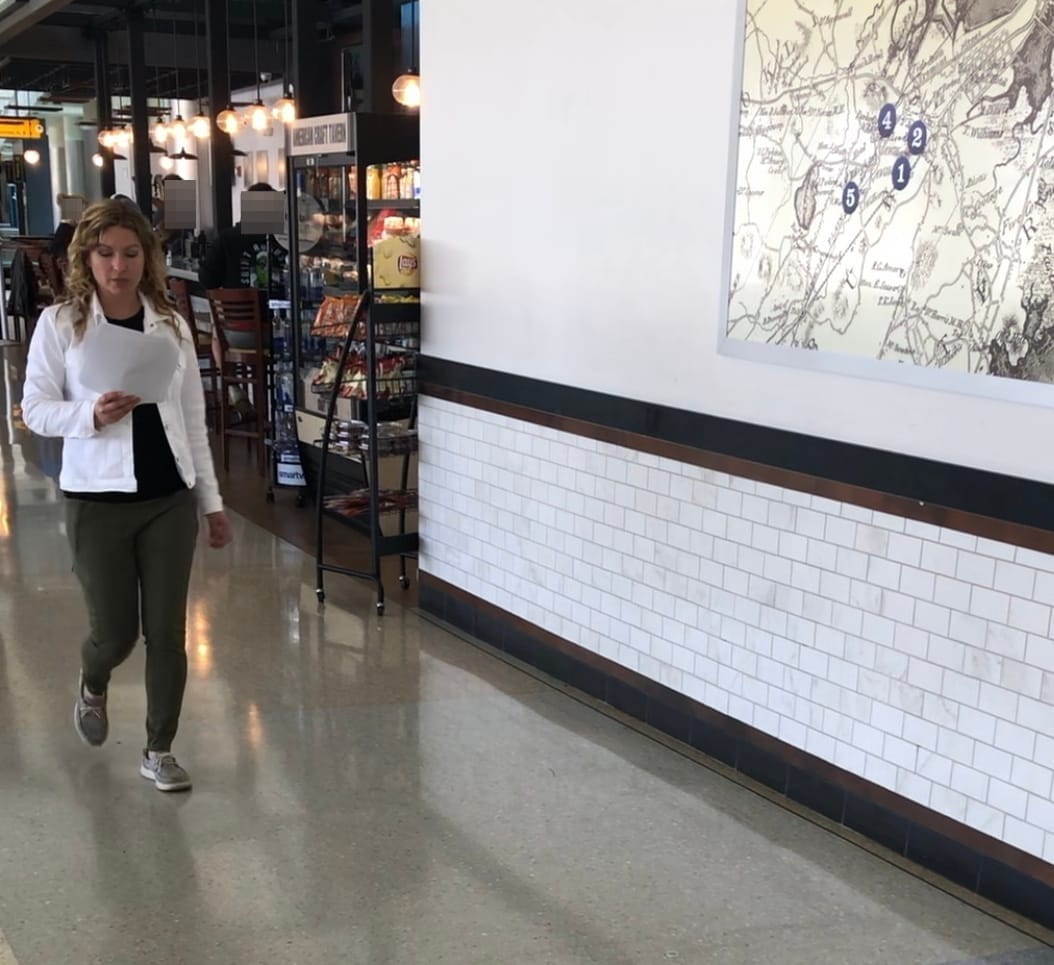What Goes into a Speaking Engagement?

When I first considered charging for speaking engagements, I had no idea where to start. After a few internet searches, I realized there was more to pricing my services than I originally thought. I saw the prices other speakers charged and mentally calculated the hourly rate, assuming the hourly rate considered only the time spent during the actual speaking engagement. Not only was that mentally-calculated hourly rate breathtakingly high, but it was also wrong.
Why was it wrong? Because so much more than just the time on stage goes into an engagement. Okay, so you prepare the materials and give a presentation - no big deal, right? Wrong. It's so much more than that. So what all goes into a speaking engagement?
Let's for a moment step past all the effort it takes to land a gig or get an inquiry from someone interested in what you have to offer. Instead let's skip to the part where you have an interested party. Now you start contract negotiations. Some parties have their own contracts, while others use yours. Regardless, you either need to know how to read and interpret contracts (cost of time) or you need a lawyer who can do that for you and ensure your interests are protected (cost of $). Either way, it can be a bit nerve-wracking agreeing on the details of the agreement. What should you charge as a speaking fee? Should you charge for travel expenses? if yes, what goes into that? How and when do you receive payment? How do you protect your intellectual property? And many more questions.
Once you agree on those terms, some of which depend on what we discuss in the rest of this post, what's next? Preparations. If the engagement is a virtual event, things are a little simpler, as travel doesn't need to be considered - only time off from any other employment, which means fewer vacation days for vacation. that's right, time spent for outside business activities like speaking engagement means time away from other roles or jobs, which comes at a cost. Time that I spend booking, preparing for travelling to/from, and during engagements takes time away from my family and my primary job. Them more gigs I do, the fewer vacation days I have to spend with my family. So if it's a virtual engagement, travel doesn't need to be considered, but if it is an in-person event, I need to consider travel. Regardless, time off needs to be considered. And I do need to charge for travel expenses for in-person events.
So you get into contract, book you travel, then you show up and present, right? Not quite. Preparation is key. Even if a client selects one of my standard presentations, I still need to prepare by updating the content to ensure it is as fresh and relevant as can be. Things change so quickly, and I learn new things every day, so I want to present what's most current and useful to my audiences. If a client selects a workshop, or a non-standard presentation, I need to invest time in curating the materials and tailoring them to meet my client's specific needs. That takes A LOT of time - more than I would have guessed. When you prepare content, you only have so many minutes with your audience to deliver value, so you have to make every word count. I do this by outlining my message and then drafting a script. Then I go through iterations of refining the script, making the most efficient use of the time I have with the audience. When I started my public speaking journey, I thought a 40 minute presentation was tough to fill. Now my biggest challenge is limiting myself to the time allotted and ensuring I don't go over the specified time. I succeed with that and pack a lot of value into whatever time box I'm given - refining my message to ensure my audience gets the most possible for the time they invest with me.
Now that the content and messaging are solidified, it's time to practice. Some people are really good at impromptu presentations. I am not. The perfectionist in me wants to make sure my audience gets as much value as possible, so I practice a lot. That doesn't mean I recite my prepared script word-for-word; rather it means I go through the material often enough, continuing to refine it as I go - finding ways to engage and connect with the audience, that I can confidently deliver the most value in a way that keeps the audience engaged and delivers tangible takeaways to them. These efforts continue in the days leading up to the event. In fact, if you run into me in the airport as I travel to these events, you'll find me pacing near the gate, going over my messaging.

Since we're on the subject of airports and travel, let's explore that a little more. I recently traveled to Stockholm, Sweden for the IIA Sweden's annual GRC conference. For this event, I gave a 50 minute presentation on the main stage and hosted a workshop to teach participants how to implement key practices associated with Auditing with Agility. there isn't a direct flight to/from my home airport, so I left on a Monday, and three legs later, I landed in Stockholm, on Tuesday. Thankfully the trip home only had two flight legs, but with layovers, it was still a full 24 hours of travel.
We've now accounted for most of the time I invest into these engagements. Let's not forget the time to actually deliver the content. That can range anywhere from a quick 15-minute presentation to a multi-day workshop. Finally, just like any other business, there's expense reporting to be done when I get home. All of the expenses incurred (from flights and hotel to means and Ubers) are either expensed to my client or to my business, depending on the specifics of the contract.
I'm sure I missed a few things - I'm writing this on a flight back from an overseas engagement, and sleep doesn't always come easy for me when jet-lag gets involved. But you should now have better insight into the invisible work that goes into a speaking engagement or workshop, and what's considered when professional speakers like myself charge our fees and expenses.
Please see my Services page for more information on my offerings and how to inquire about booking me.
Views or opinions expressed here are solely my own and do not express the views or opinions of my employer.
